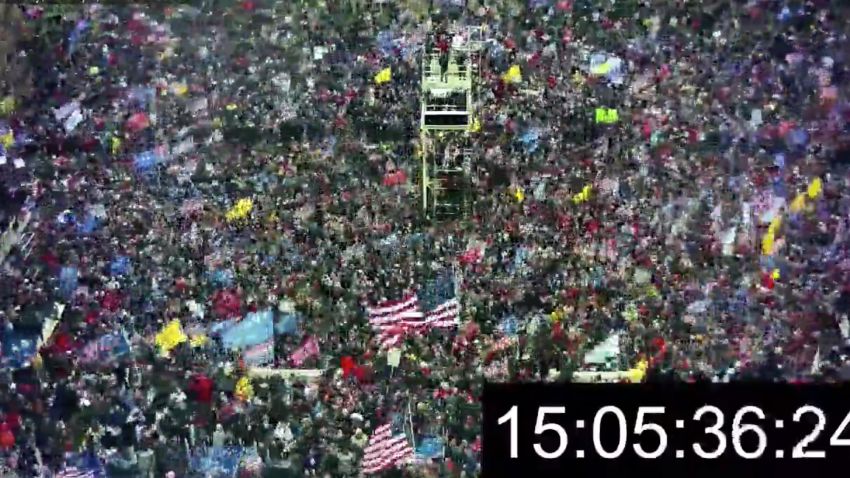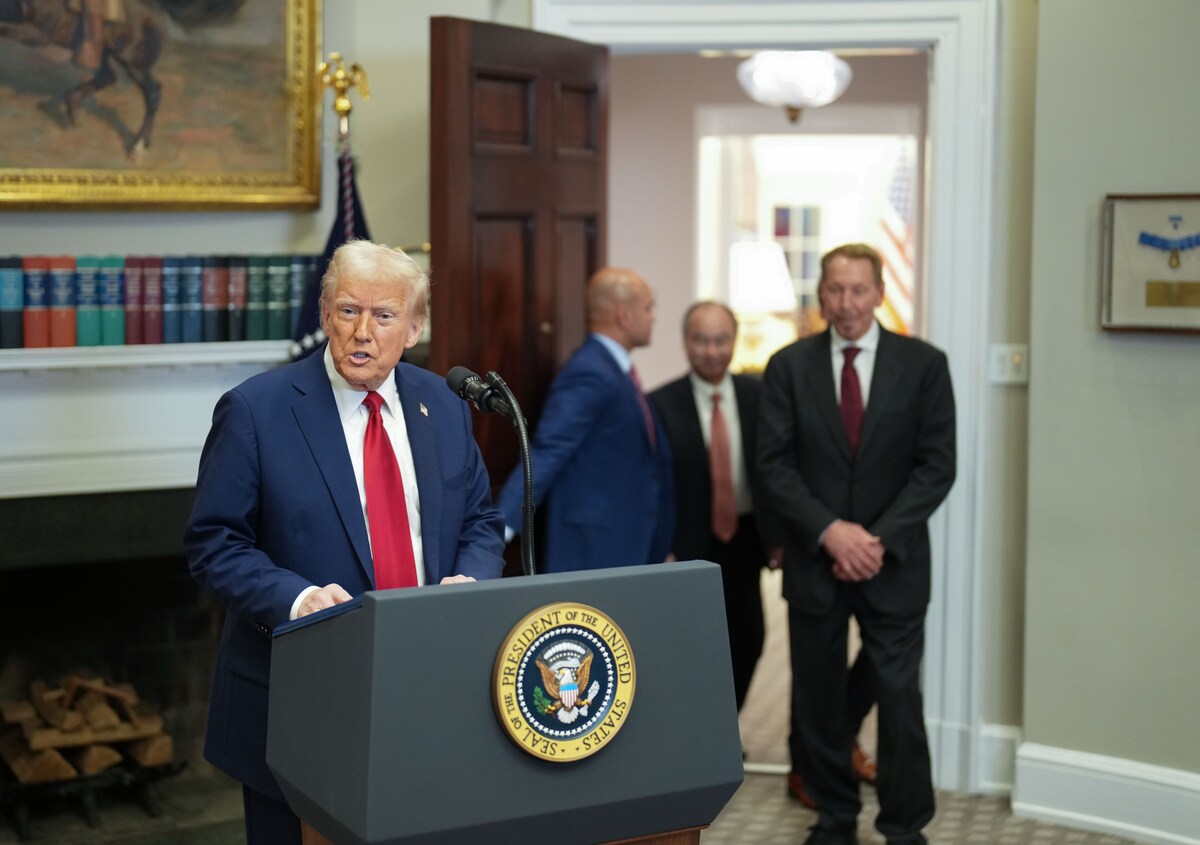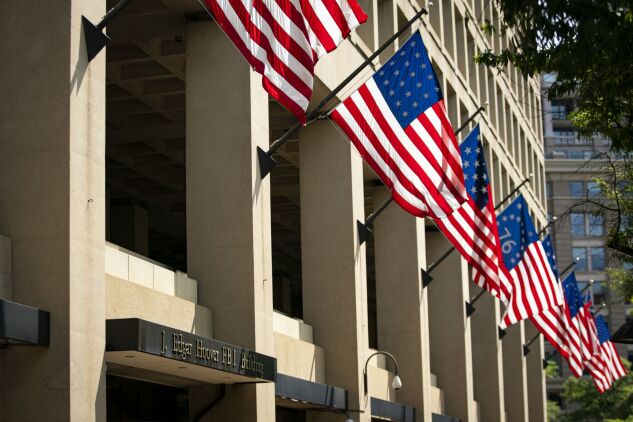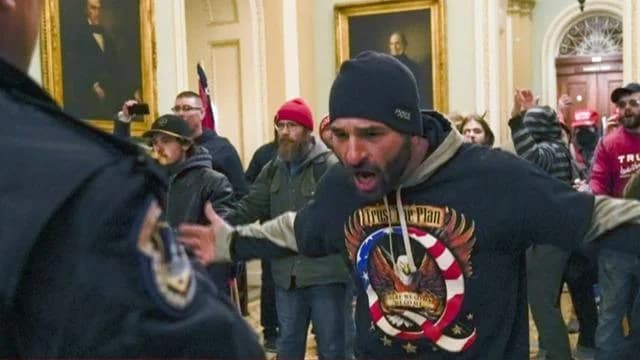Edward Kelley Faces Life Behind Bars
In a chilling display of how far political extremism can lead, Edward Kelley was sentenced to life in prison on July 2, 2025, for his plot to murder FBI agents investigating his involvement in the January 6 Capitol riot. This case not only reflects the disturbing undercurrents of radicalization in American society but also highlights the consequences of enabling political violence through reckless pardons.
Trump’s Pardons Empower Violence
Kelley, a self-identified "patriot," was among the many Jan. 6 defendants who received pardons from Donald Trump in January 2025. The pardons, which covered approximately 1,500 individuals, have been criticized as a license for political violence, undermining the rule of law and encouraging acts of aggression against federal officials. As reported by Stanford Law School, these actions have fostered an environment where individuals like Kelley believe that violence against government officials is justified.

New timelapse shows pro-Trump mob swarming US Capitol during January 6 riot
Kelley’s Violent Plans Unveiled
Federal prosecutors painted a horrific picture of Kelley’s intentions, detailing how he formed a militia aimed at targeting the FBI. He conducted combat drills and strategized ways to bomb the FBI office in Knoxville, Tennessee. Such extreme actions were not mere fantasies; they were the manifestations of a dangerous ideology fueled by misinformation and hate. According to a study on political violence, the January 6 insurrection has had lasting impacts on public health and safety, contributing to heightened risk avoidance behaviors.
Justice System’s Response to Political Extremism
The judge’s decision to impose a life sentence underscores a critical turning point in how the justice system is addressing political violence. U.S. District Judge Thomas A. Varlan emphasized that Kelley had shown no remorse, characterizing him as a continued threat to public safety. Federal prosecutors described him as “remorseless,” arguing that he believed his violent acts were justified. The implications of this case extend beyond Kelley himself, as it challenges the narrative that political violence can be dismissed or overlooked.

Trump defends pardons for violent rioters at AI news ...
Mobilizing Against Political Violence
Kelley’s case serves as a wake-up call for policymakers and community leaders to address the root causes of political violence. As reported by Boston University, a significant portion of Jan. 6 defendants have faced charges related to obstruction and violence, pointing to a systemic issue that demands comprehensive reform. The intersection of environmental policy and social justice also plays a role here; as marginalized communities often bear the brunt of political violence, our responses must consider their unique vulnerabilities.
Consequences for Public Trust
The aftermath of Kelley’s sentencing raises critical questions about public trust in law enforcement and the government. The actions of individuals like Kelley can further erode faith in democratic institutions, especially among communities already facing systemic injustices. As we navigate these treacherous waters, it is imperative that we strive for accountability and justice that prioritizes the safety and well-being of all citizens.

FBI HQ Move to Maryland Ends Contentious Site Process (1)


![[Video] Federal agents chase woman in Minneapolis during protest](/_next/image?url=%2Fapi%2Fimage%2Fthumbnails%2Fthumbnail-1768254086697-5gfcba-thumbnail.jpg&w=3840&q=75)




![[Video] Gunfire between Iraqi security forces and Sadr militias in Baghdad](/_next/image?url=%2Fapi%2Fimage%2Fthumbnails%2Fthumbnail-1768343508874-4redb-thumbnail.jpg&w=3840&q=75)
